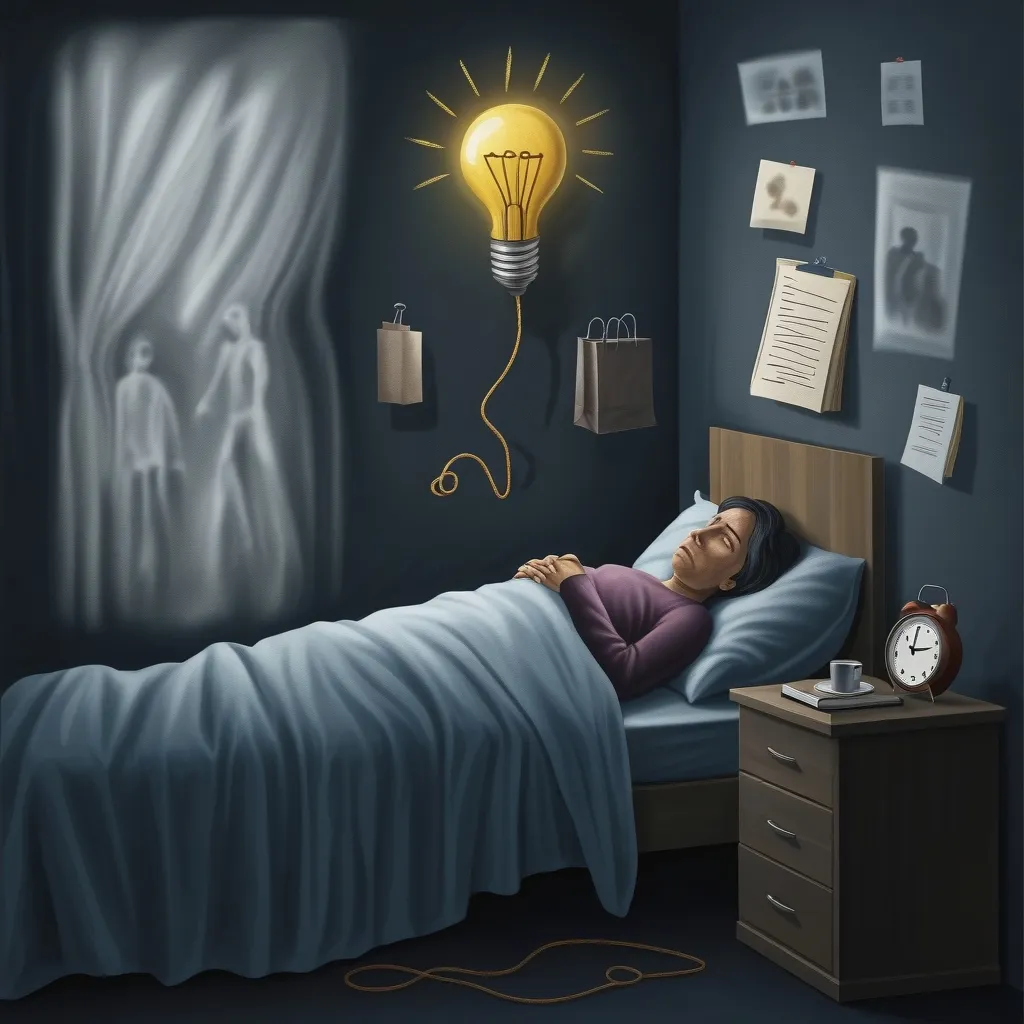Chronic Fatigue Syndrome, also known as Myalgic Encephalomyelitis (ME/CFS), is a real bummer for millions of folks worldwide. Imagine feeling utterly wiped out for no apparent reason, and on top of that, your energy refuses to return no matter how much you rest. That’s what life looks like for people dealing with ME/CFS. It’s like running a non-stop marathon that you can never train for or get away from, no matter how many times you cross the finish line.
This extreme fatigue has got to be one of the most prominent features of ME/CFS. Lasting for at least six months, this exhaustion is not your run-of-the-mill tiredness. Think of it as a profound, bone-crushing weariness that stops you from doing everyday things. Ever feel like you need a nap after taking a shower or walking the dog? That’s a daily reality for someone with ME/CFS. Over time, this relentless fatigue drastically scales down their ability to perform activities they once found easy, leading to a noticeable drop in their activity levels.
But wait, there’s more. With the main dish of fatigue comes a side of other equally annoying symptoms. Memory issues and brain fog make it hard to think straight. Muscles and joints hurt like they’ve been through a workout from hell, and sleep – even though it’s constant – isn’t refreshing. There’s also dizziness when moving from lying down to standing up, sore throats, headaches, and tender lymph nodes. Many people develop sensitivities to light, sounds, smells, food, and even medications, making their lives super tricky to navigate.
One particularly pesky bugbear that comes with ME/CFS is something called Post-Exertional Malaise or PEM. It’s the aftermath of even the smallest physical or mental exertion. Simple stuff like grocery shopping or a short walk can send them into a tailspin, triggering symptoms that can confine them to bed for days, or even weeks. Managing this PEM is crucial for anyone with ME/CFS, as it helps them avoid these crippling episodes.
Sleep disorders are another spiteful companion of ME/CFS. Many sufferers report feeling “tired but wired,” finding it incredibly difficult to fall asleep or stay asleep. Their sleep patterns are all over the place. And despite feeling dead tired, they wake up just as exhausted. Sorting out a regular sleep schedule and consulting a sleep specialist can work wonders for dealing with these issues, though it’s easier said than done.
With no cure in sight, finding ways to manage symptoms and improve quality of life becomes the game plan. There’s no one-size-fits-all solution, but several tactics can offer some relief.
Activity management, often referred to as pacing, is key. This means balancing rest and activity to steer clear of overexertion and, consequently, PEM. A healthcare provider can help pinpoint personal triggers and determine how much exertion is tolerable. Say, if food shopping sends them into a PEM spiral, it might be time to consider online shopping or delegate the task.
Physical therapy, when done gently, can improve movement by focusing on easing tightness in limbs and the spine. Light-intensity aerobic exercises can also be beneficial but must be carefully designed to avoid worsening the symptoms. High-intensity workouts are a no-go as they can invite PEM.
Medications can come to the rescue for specific symptoms like headaches, pain, and cognitive issues. Some folks find dietary supplements and herbal products helpful, but it’s critical to discuss any new treatment options with a healthcare provider before jumping in.
Support for the emotional toll of ME/CFS is vital too. Psychotherapy and counseling can offer coping strategies for the anxiety, depression, and stress that often accompany this illness. Even practices like meditation and yoga can bring some relief and boost overall well-being.
Making lifestyle tweaks also plays an influential role in managing ME/CFS. Healthy sleep habits, avoiding prolonged standing, and staying well-hydrated are good starting points. For some, using support stockings or salt tablets can help tackle dizziness and lightheadedness.
Living with ME/CFS is no picnic, not just for those affected but also for their loved ones. Collaborating with healthcare providers to find effective treatments is crucial. Keeping a diary to track activities and symptoms can be invaluable in spotting triggers and managing PEM.
Given the multifaceted nature of ME/CFS, a multidisciplinary approach is often the best bet. This means medical care paired with social support from advocacy groups and networks that offer resources and a sense of community. Educating friends, family, and employers about ME/CFS can also make a huge difference in improving the lives of those affected.
While recognizing ME/CFS as a legitimate medical condition is a major step forward, a lot more research is needed to truly understand its causes and come up with effective treatments. Advocacy efforts continue to raise awareness and support for those living with ME/CFS, aiming to diminish the stigma surrounding the condition and enhance healthcare services.
To sum it all up, ME/CFS is an intensely challenging illness marked by extreme fatigue, post-exertional malaise, and a host of other symptoms. Although there’s no cure, careful management of activities, lifestyle changes, and support from healthcare providers and advocacy groups can significantly help individuals improve their quality of life and navigate the tough terrain that comes with this condition.





